Election 2025: Donald Trump tariff storm roils markets but door open to do deals
US trade representative Jamieson Greer has assured Australian officials the Trump administration is open to doing a deal, as nearly $57bn was wiped off the local sharemarket on Friday.
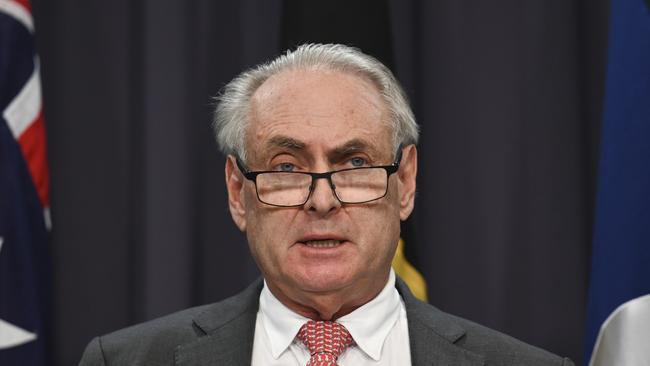
US trade representative Jamieson Greer has assured Australian officials the Trump administration is open to doing a deal to ease the nation’s new tariff burden, amid fears the President’s signature trade policy could plunge the global economy into recession.
Nearly $57bn was wiped off the Australian sharemarket on Friday after Donald Trump’s tariff blitz sparked a massive sell-off on Wall Street, which shed more than $3 trillion in value as the US dollar dived 2 per cent against other major currencies.
As JP Morgan put the chance of a global recession at 40 per cent, Mr Trump shrugged off the market response, declaring “it’s going very well”. But he also held out the prospect that countries could negotiate away the new tariffs if they offered something “phenomenal”.
Mr Trump’s move to slap a 10 per cent tariff on all Australian imports came after a last-minute intervention by White House trade counsellor Peter Navarro who demanded no exceptions be made, The Australian has revealed.
But a day after the tariff announcement, Labor was quietly confident it could convince the White House to wind back the impost.
Anthony Albanese said he would travel to the US “as soon as possible” if he was re-elected to “eyeball” the President and seek a better deal for Australia.
Trade Minister Don Farrell said Mr Greer had left the door open to try and negotiate a lower tariff rate for Australia, indicating the President’s announcement was just an opening position.
“Greer has said, ‘Look, we’re happy to keep talking with you and see if we can resolve our outstanding issues’, and that’s what we will do,” Senator Farrell said.
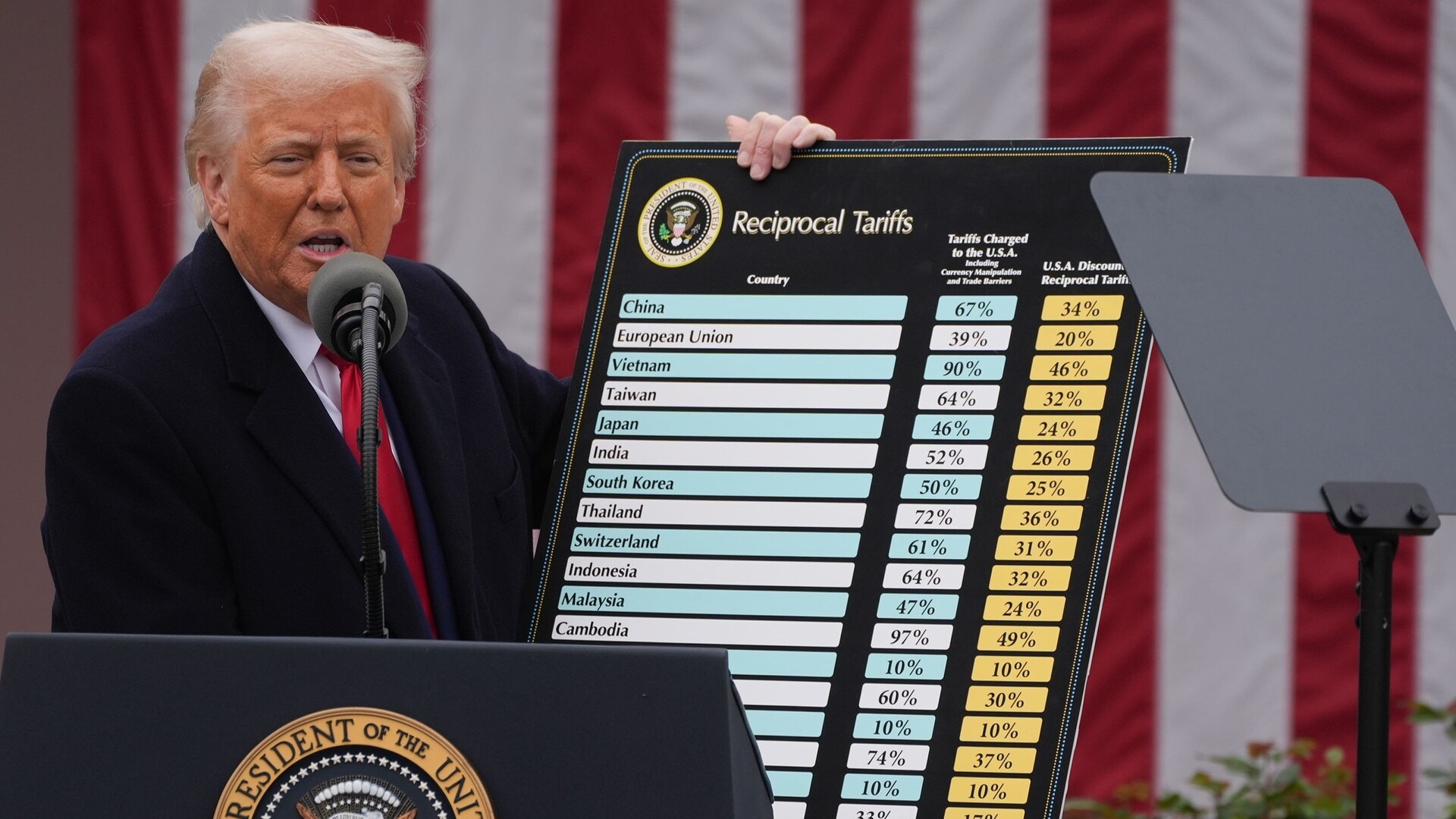
Australian officials are also concerned at the secondary impacts of Mr Trump’s new tariffs, particularly his 54 per cent price hike on goods from Australia’s largest trading partner, China.
Senator Farrell said the China tariffs “will have an impact” on Australia’s economy, which Labor would raise with the Trump administration in future talks.
“Just as we don’t want to be subject to tariffs, we don’t want our trading partners to be subject to tariffs,” he said. “And that’s going to be part of the conversation with the Americans.”
His comments came as Mr Trump indicated he was open to negotiating the scale of his China tariffs in return for Beijing’s approval for the sale of social media giant TikTok to US interests.
“We have a situation with TikTok where China will probably say ‘we’ll approve a deal, but will you do something on the tariffs’,” he said. “The tariffs give us great power to negotiate.”
Asked if he was open to doing deals with nations that appealed directly to him, Mr Trump said “it depends”.
“If somebody said that we’re going to give you something that’s so phenomenal; as long as they’re giving us something that’s good,” the President said.
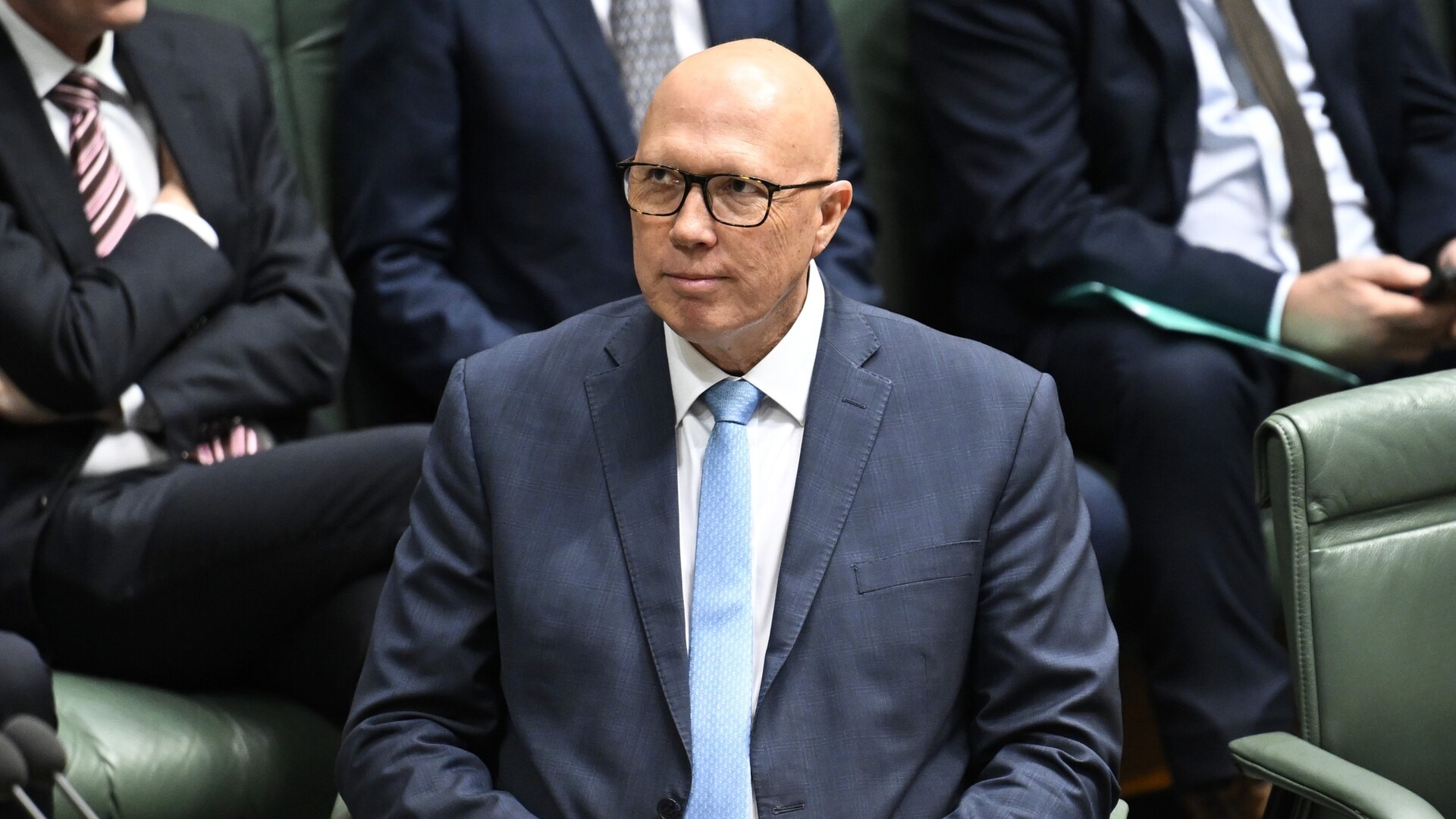
Peter Dutton said there was “a deal to be done” for Australia on the trade impasse, and Labor had “failed that test”. But he came under fire after he suggested leveraging Australia’s defence relationship with the US to secure a better outcome on trade.
“We have enormous capacity to contribute to the United States in a very uncertain time and providing assurances in relation to their surface fleet and their subsurface fleet,” the Opposition Leader said.
“All of that is something that Australia brings to the table.”
Defence Minister Richard Marles said Mr Dutton’s comments were “loose and reckless”.
“Peter Dutton now needs to make clear exactly what it is that he would withdraw in terms of our defence relationship with the United States,” Mr Marles said.
He said Labor was also disappointed in the tariff decision but was not prepared to “prejudice Australia’s national security” to retaliate.
Both Labor and the Coalition have flagged plans to use Australia’s critical minerals reserves as a bargaining chip in negotiations with Mr Trump, but neither has provided further details.
Senator Farrell said he was buoyed by the EU’s enthusiasm to restart free-trade negotiations with Australia, as both sought to mitigate the impact of the Trump tariffs.
“I think every country now recognises that they’ve got to find new markets, find new trading partners,” he said.
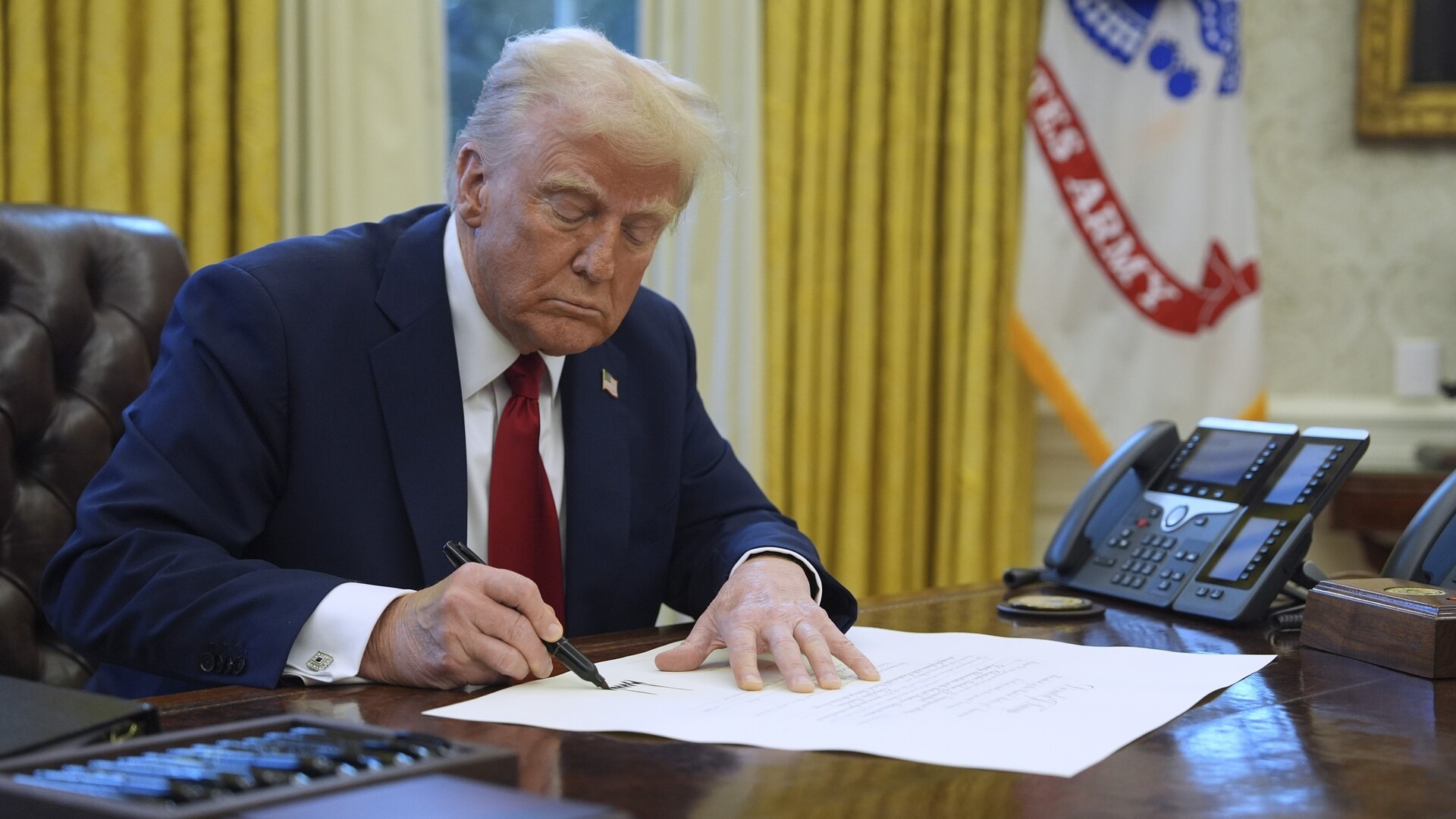
“The fact that the Europeans are finally talking to us again is a good sign. I think everybody now realises that you’ve got to act quickly and you’ve got to find new markets to offset whatever damage is going to be done by your trading relationship with the United States.”
In a day of market chaos, US stocks suffered their biggest one-day wipeout since the Covid-era chaos of 2020, with major indices plunging by as much as 6 per cent.
The market turmoil bled into the world’s other major markets. Japan’s Nikkei 225 index was down 2.8 per cent and London’s FTSE 100 fell 1.5 per cent.
Jim Chalmers said the “seismic” tariffs had cast a “dark shadow” over the global economy and could force it into recession.
“We’ve seen the gold price skyrocket, and that’s often an indication that people are very worried,” he said.
“Oil prices have come down. In Australia … the market is expecting four interest rate cuts this year. And so all of those things are a reflection of very real concern.”


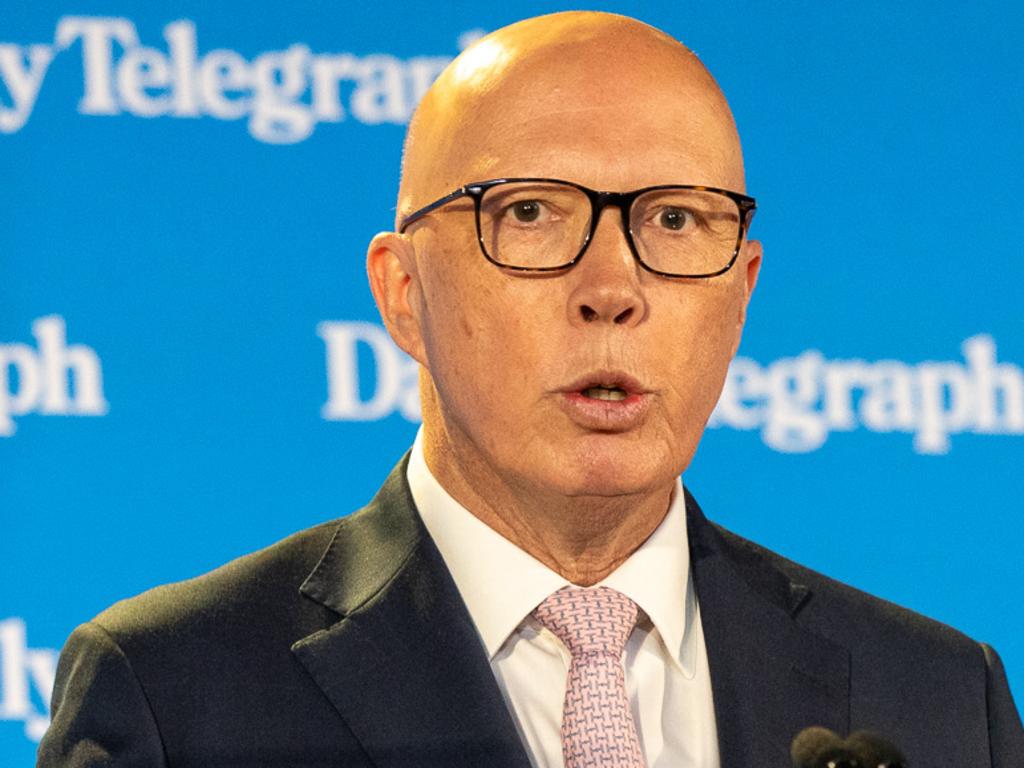
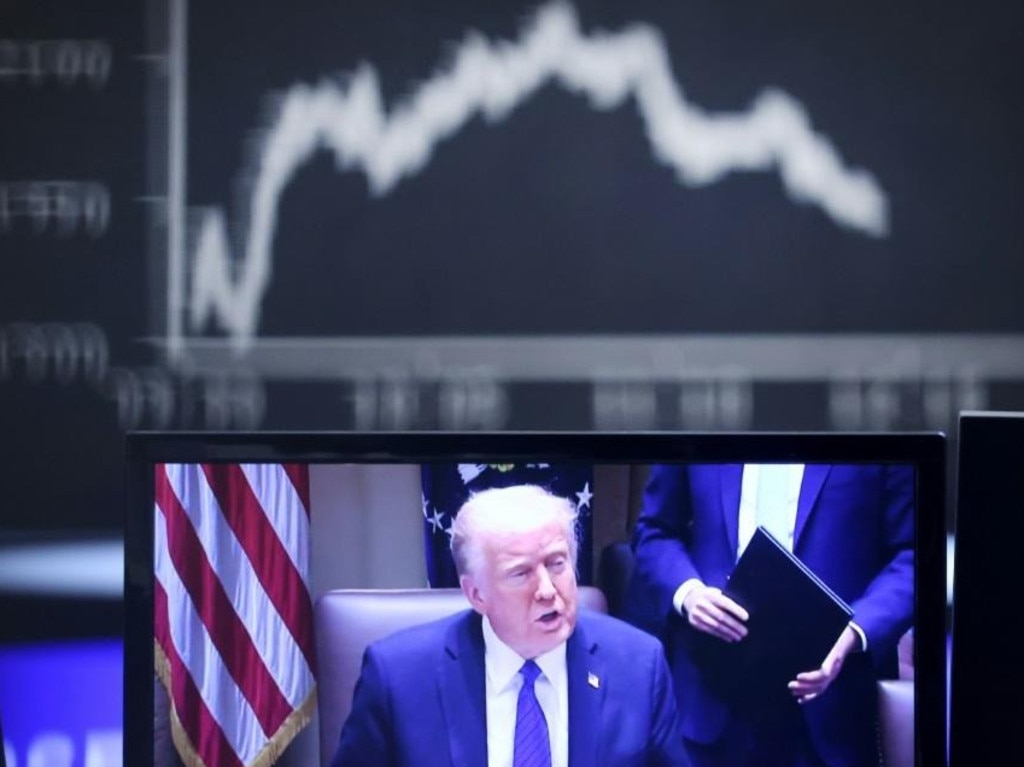




To join the conversation, please log in. Don't have an account? Register
Join the conversation, you are commenting as Logout